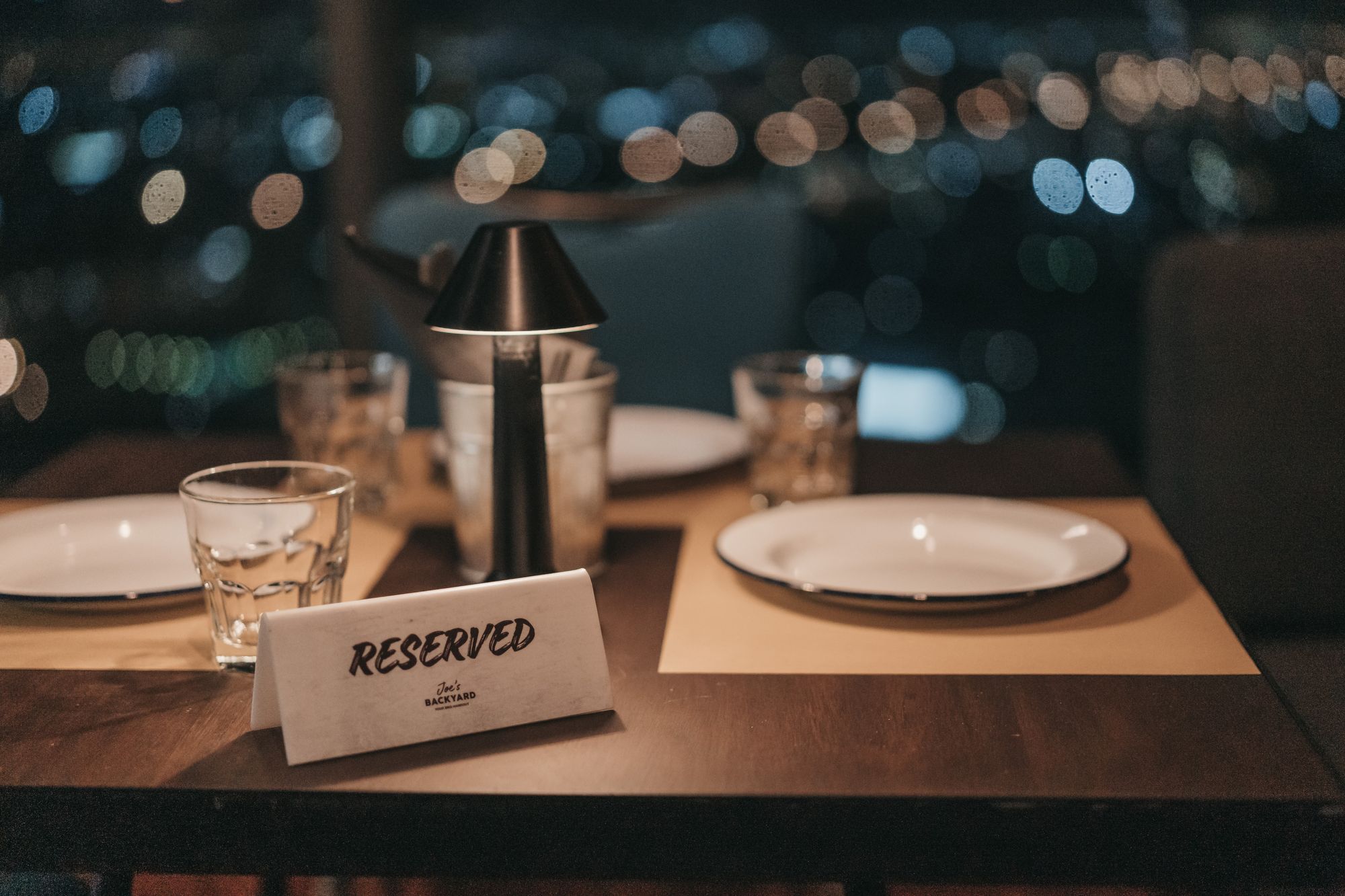How Will Grief Play a Role in My Dating Life?

Ebony-Renee Baker
Everyone deals with grief differently – and the same goes for dating with grief, too. While one person might be an open book from date one, another may refrain from even mentioning their lost loved one until months into a relationship.
After losing my father at 21 and continuing to date over the last five years, I’ve had varied experiences involving my grief and dating – from having wonderful, honest conversations about death; to being met with awkwardness and overcompensation; to even ending up in situations built on trauma bonding. While I wouldn’t prescribe one approach to dating after losing a loved one, here are some things I’ve learned while navigating grief in my dating life.
You don’t need to tell everyone you date.
When I got back into dating after my dad passed away, I thought that this major life event was just as imperative to my story as my university degree or my favourite hobbies. It was so much of a part of me that I wasn’t sure how to separate it from the get go.
Nowadays, I don’t feel the need to bring it up right away. My father’s death is something so intimate to me – regardless of me writing about it on the internet – and sharing it face-to-face with someone who might not even know my last name now feels unnecessarily raw.
But as mentioned, everyone’s different. You’ll likely find yourself debating whether or not to say anything on many, many occasions – but just remember: you don’t owe your darkest moments to anyone.
Protect your emotions because others will forget to.
Losing a parent in your 20s means not knowing a lot of people your age who can relate, and that applies to potential partners, too. That’s not to say others won’t care, but in the same way that your own grief takes a long time to understand, it can take even longer for someone who’s never experienced it.
The year my dad died, someone I was dating ended up really hurting me because he hadn’t realised just how delicate my emotions were at the time. Looking back, I probably shouldn’t have been trying to date at the time, but grief often seeks company. Unfortunately, it’s your responsibility to protect your exterior (however wobbly) from the impact of other people’s words and actions.
You can’t force a connection based on mutual grief.
Dating someone with a similar loss can be comforting – seeing your pain reflected in someone else feels like being joined on one side of a big glass wall. It may be easier for them to see and hear you, but forcing a connection based on mutual grief isn’t always a smart move.
After briefly dating someone who’d also lost a parent in his early 20s, I ended up in a rather toxic back-and-forth that should have ended a lot earlier than it did. While on one hand we’d been able to open up about our darkest moments, that trauma bonding was also used to disguise an otherwise so-so connection with unreliable behaviour. Learn how to recognise when the sharing of trauma becomes unhealthy.
Entering relationships will be harder.
And of course, dates are one thing, but relationships are a totally different ball game. The few times I’ve neared a full-fledged relationship since my dad passed, I’ve been reminded of how much work, understanding and therapy (!) I still need to go through.
Granted, this can be said for anyone getting into a relationship, but if you carry grief, there are often added layers. Your loss can make getting close to someone new very triggering, can get in the way of your personal growth and can even open you up to brand new, raw emotions in the process. Being aware of those risks is a good way to prepare yourself for the road ahead.
Lastly, however you choose to navigate dating with grief, just remember that every obstacle is one more step towards growth.
Ebony-Renee Baker is a Canadian writer and content creator based in the UK. She writes about topics including lifestyle, fashion, race, social issues and, yes, sometimes death.



